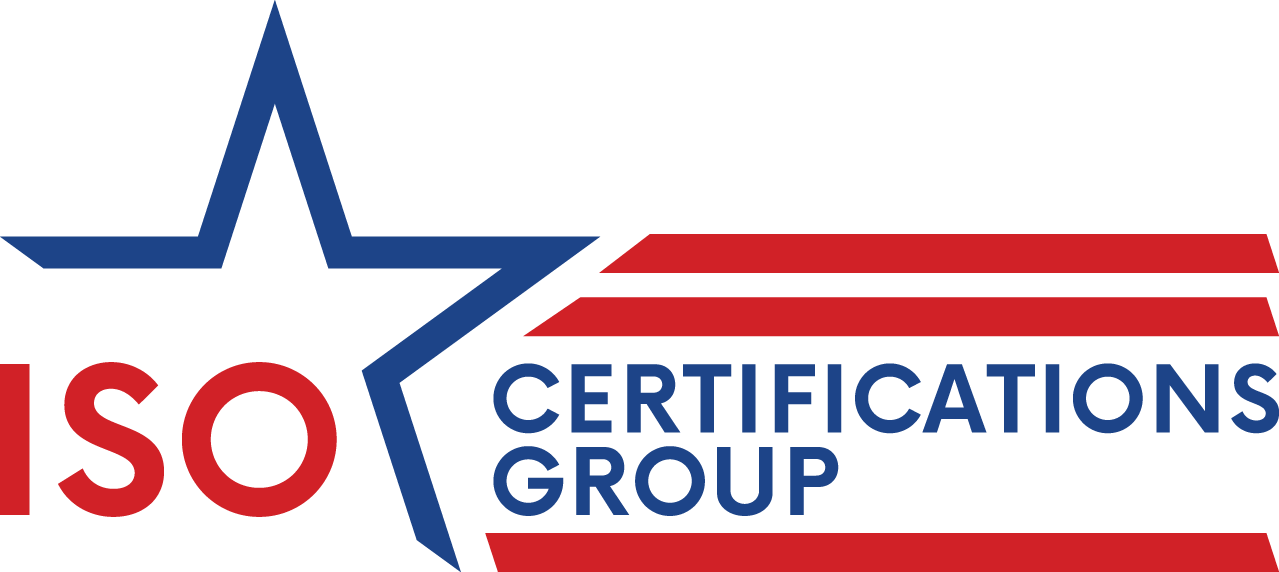Management systems rely heavily on the support and guidance of organizational leadership. Strong leaders are responsible for setting objectives and policies, encouraging work culture, and much more. This means that, even in high-stress or emergency situations, leaders must still be able to act reliably and enforce the same for other employees.
As of April 2025, many businesses are beginning to panic over recent global economic shifts and policies being implemented; all of which may have significant impacts on operations and costs. How can you become a better, resilient leader during this time in order to achieve success and maintain an effective management system? This article will dive into some helpful tips for leaders during high-stress times.
Becoming A Better Leader During Stressful Times
Communicate Effectively and Clearly
Effective business communication is critical to smooth operations but often suffers from noise and inefficiencies— problems that can worsen during times of uncertainty. When employees feel lost and insecure, communication tends to decline in both quality and quantity. This is why transparent communication and open dialogue are essential for leaders during a crisis. Leaders must clearly communicate the impacts of a crisis and outline the plans in place to overcome it, thereby reassuring employees, aligning expectations, and coordinating necessary actions.
Equally important is the need for leaders to actively listen to their teams. Asking employees how they are coping and inviting their suggestions not only reinforces collaboration but also fosters a sense of belonging. When communication is clear and reciprocal, organizations can recover more quickly and effectively. Conversely, poor or opaque communication can delay recovery or even prevent a successful turnaround altogether.
Encourage Adaptable Mindsets
Regardless of the type of crisis, whether financial, regulatory, reputational, or otherwise, all demand one key trait: flexibility. Rigid structures and mindsets within a company greatly reduce the chances of a successful recovery. In contrast, adaptability is what allows organizations to respond swiftly and effectively to unexpected challenges.
As a leader, this means committing to continuous learning, exploring new approaches, and remaining open to change. Demonstrating adaptability not only strengthens your ability to lead through uncertainty but also builds confidence within your team. Developing a strong foundation of knowledge, emotional intelligence, and psychological resilience will help you guide quicker, more effective responses, even if the initial solutions aren’t perfect. Make it a priority to incorporate these skills into your personal and organizational development plans.
Be Considerate of Mental Health
Leaders who prioritize mental health create a more supportive and motivating work environment, which can significantly reduce team stress, especially during times of crisis. This proactive approach can be the deciding factor between a team that stays engaged and resilient or one that burns out and walks away.
Encouraging healthy habits like regular exercise, personal hobbies, and balanced nutrition not only promotes overall well-being but also boosts productivity and helps maintain motivation through challenging periods.
Conclusion: Strong Leadership Overcomes Adversity
In challenging times, strong leadership becomes the cornerstone of organizational resilience. By fostering clear communication, embracing adaptability, and prioritizing mental well-being, leaders can help their employees navigate uncertainty with confidence and clarity.
These practices not only strengthen your organization’s management system but also build a more cohesive, motivated, and capable workforce, ready to face adversity and emerge stronger.
Looking to become ISO 9001 Certified? ISO Certifications Group is a professional and reliable certification body here to help your organization achieve its ISO certification goals. Contact us today to get started on the certification process!

